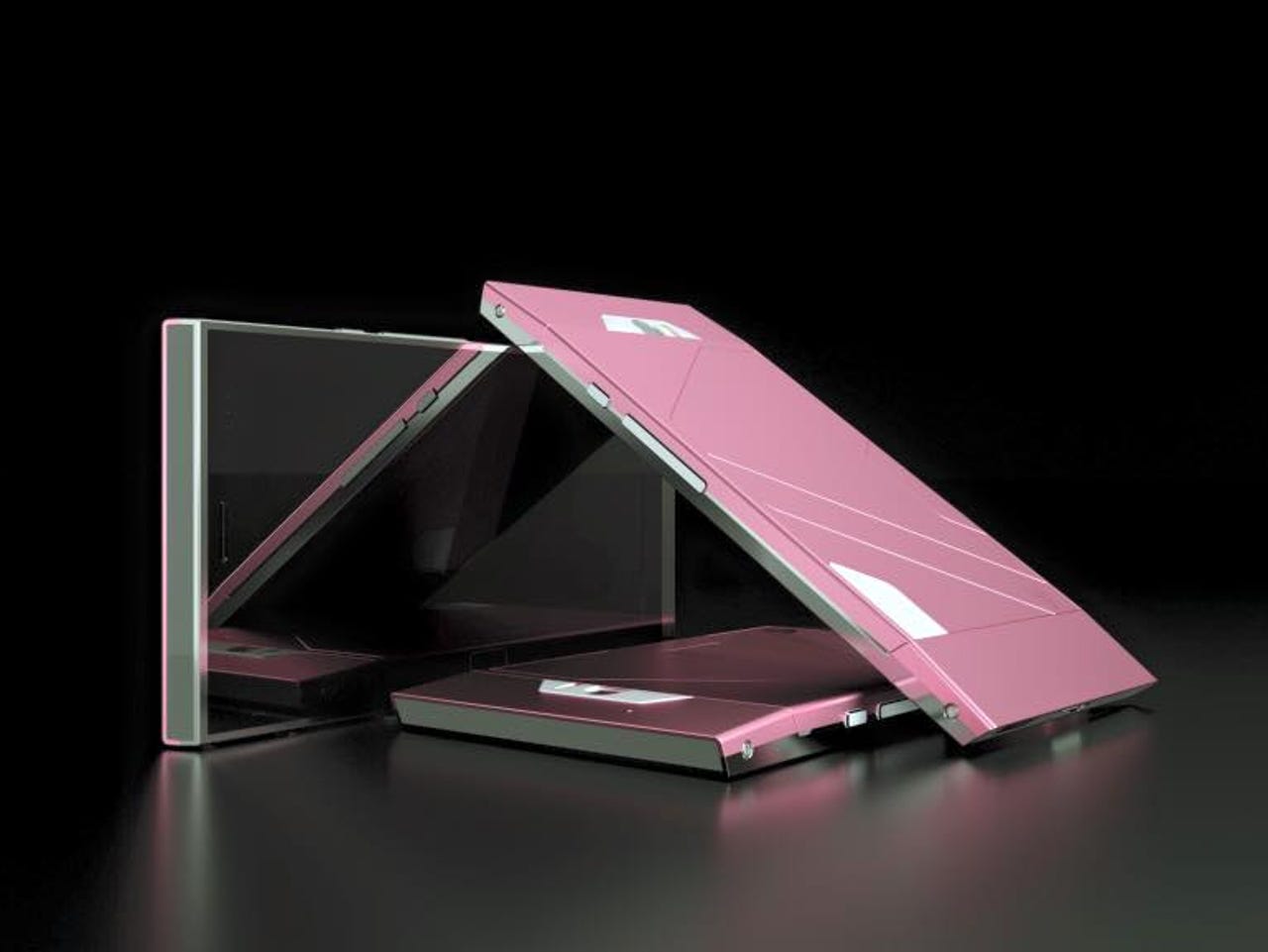Turing Phone, Bittium's Tough Mobile: Finnish smartphones are ramping up again


Turing Robotics Industries, the firm behind the Turing phone, is relocating its headquarters to Nokia stronghold Salo.
While Nokia has announced its intended eventual return to the smartphone market, other handset makers are stepping up production in the company's home country of Finland.
The most recent is California-based Turing Robotics Industries (TRI), which is relocating its headquarters to Salo, a former Nokia stronghold in southwest Finland.
Following recent privacy battles, TRI cites data security as the root cause for the move.
"Finland's act on the protection of privacy in electronic communications, which safeguards confidentiality and privacy in telecoms, was the main reason behind TRI's move to Finland," TRI CEO and co-founder Steve Chao says.
"To ensure complete data security and privacy for TRI's Turing Phone owners, TRI moved its manufacturing operations to Salo, a city with an impeccable history in mobile-phone production."
See also
Privacy is a key selling point for TRI which launched its "ultra-secure" Turing Phone for pre-orders last summer. The handset targets privacy-oriented users, competing with the likes of Blackphone and GranitePhone, and features its own end-to-end, decentralized authentication system.
The phone can also take some heavy hits thanks to its liquidmorphium chassis, a liquid-metal alloy that the company claims is stronger than steel and titanium. TRI has skipped headphone jacks and USB ports to keep outsiders from physically accessing your device, and uses Bluetooth and a proprietary magnetic charger instead.
TRI's security claims will soon be put to test. It is currently recruiting local personnel in Salo, where Microsoft shut down its mobile device R&D hub in 2015, and expects to have up to 20 staff to begin production. Chao is confident the Turing Phone will hit the market shortly, after delays to its original launch date of December 2015.
Chao estimates 150,000 devices will be manufactured in Salo this year.
TRI is also relying on Finns outside manufacturing. In February, the company surprised many by dropping Android for Sailfish OS, a less well-known Linux-based operating system from Finnish mobile firm Jolla.
Chao again stresses data security as the reason behind the move. Last year Jolla announced plans for a secure version of its Sailfish OS in collaboration with Finnish security company SSH Communications Security.
While Chao doesn't want to comment on Jolla's recent financial difficulties, which led it to terminate its crowdfunded Jolla tablet, he notes only eight percent of Turing Phone pre-orders were cancelled following the OS switch.
TRI hasn't revealed details of its operations, but it expands on Chao's previous venture, QSAplha, which missed crowdfunding targets to build an earlier super-secure phone.
According to Chao, TRI is backed by private investors and self-funding and currently has 45 staff in San Francisco, Beijing, and Salo. The company aims to hire up to 300 people in 2016, mainly in Finland, and already has plans to introduce additional products later this year.
But the Turing Phone is not the only smartphone in Finland tapping into users' desire for greater security. Finnish technology company Bittium unveiled its secure and robust Android-based LTE smartphone, Tough Mobile, in 2015 and the first shipments started in December.
Instead of consumer use, the Tough Mobile is heavily targeted at governments, military, and enterprise use where security requirements are high. Its security features are based on a layered approach of security circuits, which hold the device's encryption keys and function separately from other processes.
On top of those features come proprietary device-management and encryption software. For example, the handset detects if somebody tries to physically open it and destroys all its data.
"Our basic goal is that our phones and systems will endure governmental-level reconnaissance, which means attacks from an organization with resources equal to government level," Bittium CEO Hannu Huttunen says.
Bittium, which focuses on secure communications and connectivity products, has previously manufactured turnkey white-label phones for unnamed industry partners. But this is the first time the company has stepped out with its own smartphone brand.
Huttunen believes as governmental communications move from closed networks to commercial technologies, it is boosting demand for new secure communications products. Bittium has already shipped some small trial orders, but Huttunen admits decision-making processes in the public sector take time.
The Tough Mobile has also been spotted on a Nokia video generating speculation about potential smartphone licensing between the two Finnish companies.
"It is public information that we have, together with Nokia, tested solutions and developed offerings for the authority segment," Huttunen says, but he will not be drawn on the speculation directly.
Regardless, one thing is certain: the Finnish mobile phone industry is far from done and dusted.
First shipments of Finnish firm Bittium's secure Android LTE smartphone, Tough Mobile, started in December.